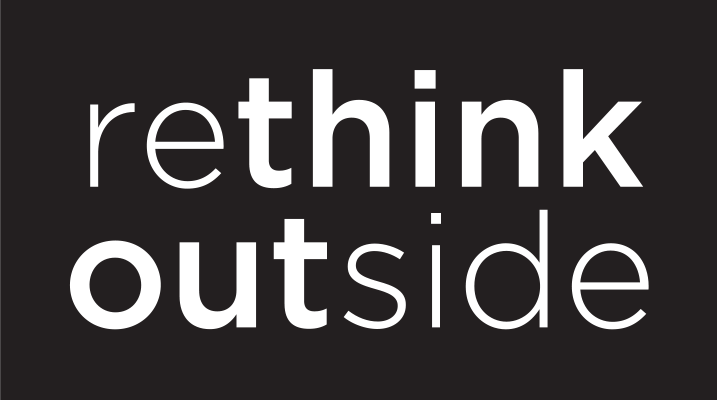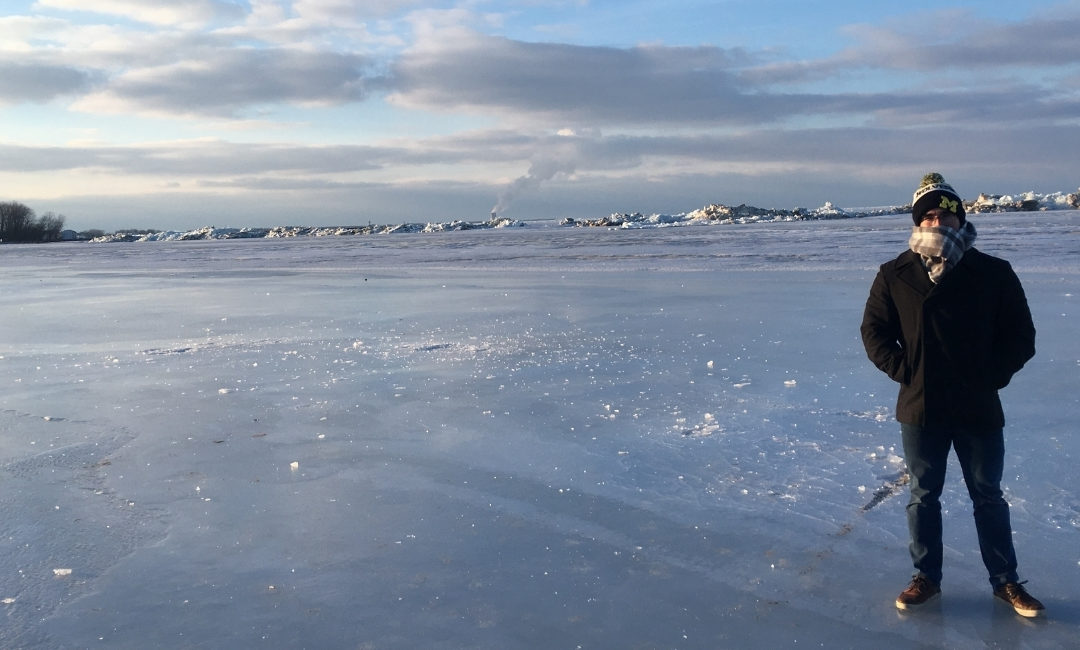Introduce yourself! What should the world know about you?
Hola! My name is Hector Fox (he, him, his) and I am currently a Ph.D. candidate in Ecology and Evolutionary Biology working within occupied Anishinaabe lands of the Three Fires Confederacy (and others) at the University of Michigan (UMICH). For my doctoral research, I study the influence of biogeography, climate, and evolutionary history on contemporary plant distributions throughout the so-called Americas. I identify as Guatemalan and Boricua of mixed racial/ ethnic ancestry.
What are you passionate about?
I am passionate about many things! But I suppose I am most generally passionate about our connections to history and the land and how those historical processes shape what we do today and how we live our lives. By ‘we’, I don’t just mean me, or even just human beings, but really all living things.
One intersectional example of how this comes up in my life is through the practice of Filipino Martial Arts (FMA), which are really a testament to resistance, resilience, and persistence in the face of Spanish colonial expansion. Oppressed Filipino communities needed ways to protect themselves and maintain cultural martial connections despite such things being outlawed by the Spaniards. To do this, people turned (as they often do) to the land, using specific plants native to the region, members of the Palm family, as ‘sticks’ with which to covertly teach how to use blades against the colonizers. Thus, modern FMA represents both a historical social process as well as a connection to the specific ecology of the land.
What drives you as a person, a leader, and a storyteller? What or who shapes you?
My ancestors, their experiences, lessons, & memory all shape the stories I share & how I find my own voice. Some, like my mother & uncle, are (or were) literal storytellers whose published narratives mix English-speaking, Spanish-speaking, & Indigenous perspectives to talk about our relationships to both our families & the Earth. Hearing their stories growing up created for me not a ‘connection’ with nature, but a relationship with the land. One of my goals, both personally & professionally, is to give a voice to this relationship & help spread the stories that the Earth is telling us. Sometimes, this involves writing those stories as academic research into the history of this land; other times, it is using social media to give a voice to other beings that inhabit this place with us through poetry or personal perspectives. Sometimes, it is walking through the woods with my nieces & nephews.
Why did you apply to the Rethink Outside™ Fellowship? What are you hoping to learn from this experience?
I believe it is imperative to restructure how western society views the interactions between person & nature. While it is clear that negative anthropogenic impacts on the world (e.g., climate change) require changes to existing infrastructure to avoid irreversible ecosystem changes, it is also important to change how individuals see themselves in relation to the Earth. In my life, my relationship to the land fundamentally shaped my personal viewpoints, moral character, & even career choices. I think that creating greater appreciation for, & accessibility to interact with, the land in which we live would greatly help to build meaningful relationships between people & the Earth & change the dynamic of this vitally important relationship.
How will the Rethink Outside™ Fellowship experience help you address the systemic barriers for access to, and representation / leadership of Black, Indigenous, and people of color in the movement to connect people and nature?
I think this Fellowship will provide an opportunity to engage in collaborative knowledge sharing that will uplift and amplify voices that are often marginalized in our society. I am personally interested in trying to illustrate how traditional Indigenous ecological knowledge and ways of knowing can be integrated with western science perspectives to provide more engaging, informative, & productive frameworks for both citizens & scientists moving forward in the face of climate change & anthropogenic impacts on the land & its inhabitants. At the same time, I am sure that the diverse assemblage of perspectives and lived experiences represented by all the Fellowship members in this cohort will generate novel and unexpected ways for us to help reduce barriers to access and representation.
What is your favorite activity / place which connects you to nature and the outdoors?
My favorite activities outdoors would probably be hiking, training (martial arts), and yard or farm work. I feel connected to the Earth in all outdoor spaces, whether those are open grasslands or woodlands, desert, tropical rainforest, mountains, or by the ocean or Great Lakes. In my hometown, there is a large protected area/ park where I spent a lot of time as a child. So that place has always been especially sacred to me. The most intensely spiritual outdoor place for me was walking through the ruins of Tikal and the surrounding jungle in Guatemala.

